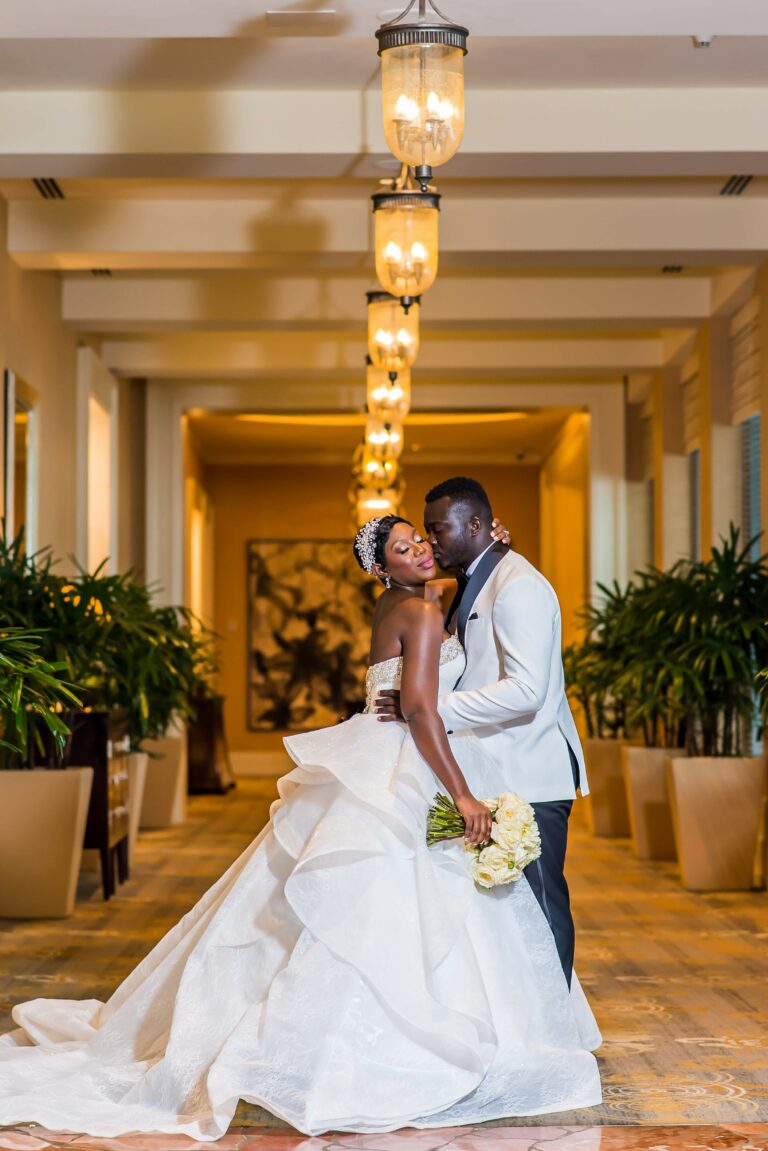
Navigating the intricate world of wedding planning requires couples (who need additional assistance from an expert) to make a crucial decision – do they need a dedicated full service wedding planner or is a “day-of coordinator” sufficient?
In this blog, we’ll explore the differences between these two roles, each offering distinct advantages. As a professional in the wedding industry, I’ll shed light on the nuances, benefits, and considerations that go into choosing between a wedding planner and a “day-of coordinator”.
But, before we proceed, let’s dissolve the myth of the term “day of coordinator”. Technically, there is no such thing because, oftentimes, people think “Day of” means that someone shows up on the day of your wedding and knows exactly what to do. Similar to a scenario where you start a new job in a field you are familiar with, you would have knowledge of your role but not enough to understand the ins and outs of that particular job yet. That’s the same thing with this role.



Day of Coordinators actually start working on your wedding around 6-8 weeks before the wedding day. They read all of your vendor contracts to understand the expectations of each vendor on the day and to identify any thing that has been missed (since you planned your wedding yourself), create a detailed timeline for the wedding day which they go over with you and provide to each vendor, conduct a final walkthrough with your venue(s) to finalize all logistics, amongst other things. All of these tasks have to be done before the wedding in order for the wedding day to run smoothly.
In more recent years, the wedding industry has attempted to change the title of this role from “Day of Coordination” to “Wedding Management”. For this blog, we will use the term Day of Coordinator/Coordination but just understand that this role starts before the wedding day.



Wedding Planner vs. Day-of Coordinator
As the architect of the entire wedding planning process, a full service wedding planner is typically booked at the start of the engagement or right after the couple secures a venue. They use their expertise to establish the budget and lead vendor selection. Their comprehensive approach ensures every detail of the wedding is meticulously planned leading up to the wedding and executed on the wedding day, offering couples a stress-free and immersive wedding experience.
In contrast, a day-of coordinator steps into the scene closer to the event, focusing on the seamless execution of plans that you have already made. From managing vendors to creating and overseeing the timeline, their role is pivotal in ensuring the wedding day is logistically sound and runs like clockwork.



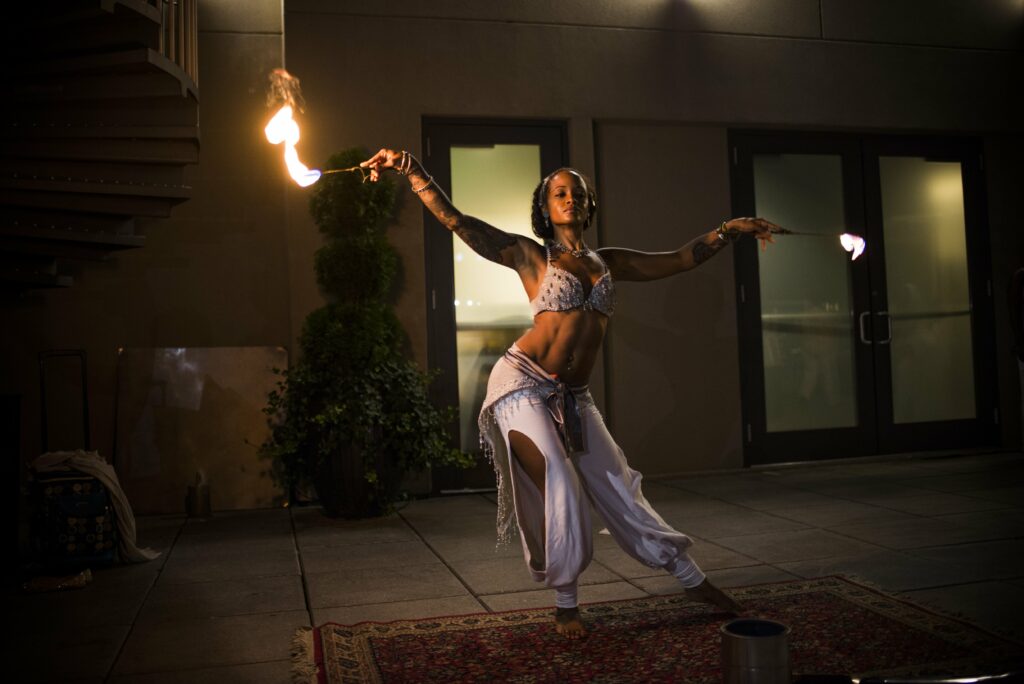
Timing – When to Choose a Wedding Planner or Day-of Coordinator
Timing is everything when it comes to hiring professionals. For couples seeking comprehensive assistance, hiring a wedding planner early in the engagement is key. Having their involvement from the beginning sets the stage for a well-thought-out celebration where no detail is missed. For a full service planner, the earlier you hire them, the more beneficial it is for you so you can avoid common pitfalls and mistakes trying to plan on your own.
If couples have the planning under control (due to a more flexible career or a better knack for organization) but want a stress-free wedding day, a day-of coordinator enters the scene closer to the event and focuses on the logistics. You can still book your day of coordinator more than 6-8 weeks before your wedding to ensure the person you want to work with is still available but just remember that their services will not start until much closer to the wedding.



Understanding the Financial Considerations
Delving into the financial considerations of hiring wedding professionals is crucial for couples.
For an experienced full service wedding planner, you can anticipate investing between $6,000 – $10,000+ depending on where they are based, their specialty, the level of full planning support you need and how many events they are planning and executing for you.
For day of coordination, a typical range is $1,500 – $2,500 which takes into account their experience level, how soon their service starts before the wedding, how many guests you will have, etc.

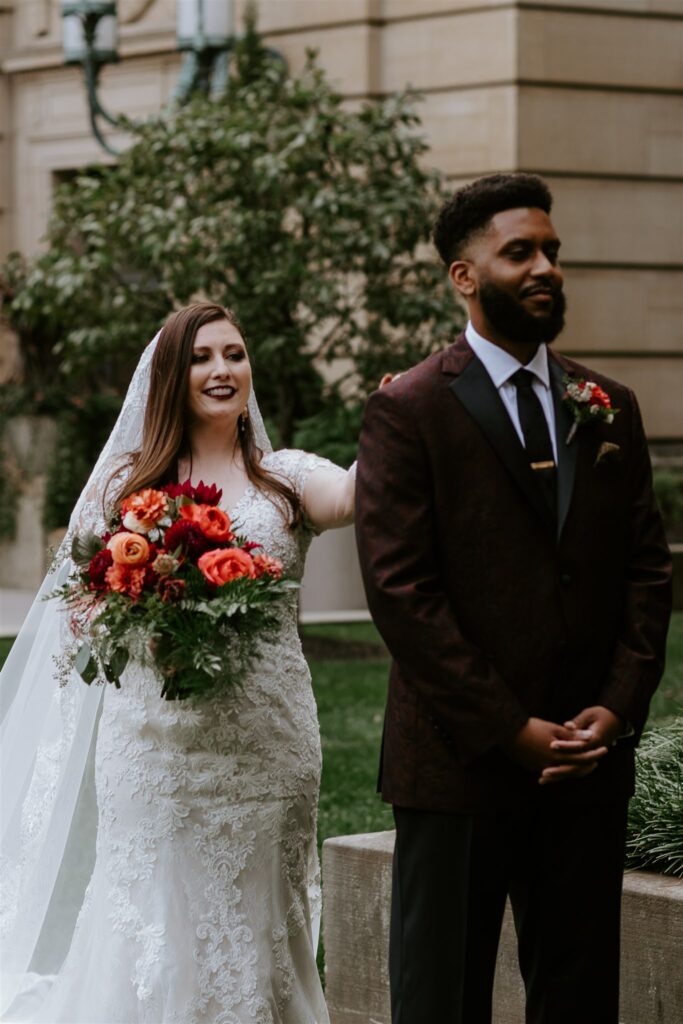

Personalized Preferences – Choosing Your Ally
The decision to hire a wedding planner or a day-of coordinator is mainly influenced by how much time you two have as a couple to plan your wedding and also what your budget allows.
Couples who prefer less of a hands-on role in planning and prefer putting their wedding in the hands of a proven expert would find a full service wedding planner to be their perfect ally. A full service planners will reduce your stress, save you time and money and be a guide for you throughout the planning process and on the wedding day.
For those who have the time in their schedule to plan their wedding themselves and enjoy the planning process but want a professional closer to the wedding day to ensure a flawless execution, a day-of coordinator is the ideal choice. You’re free to plan as you wish but you will feel confident that the wedding day will be how you envisioned it because it’s being executed by a professional.

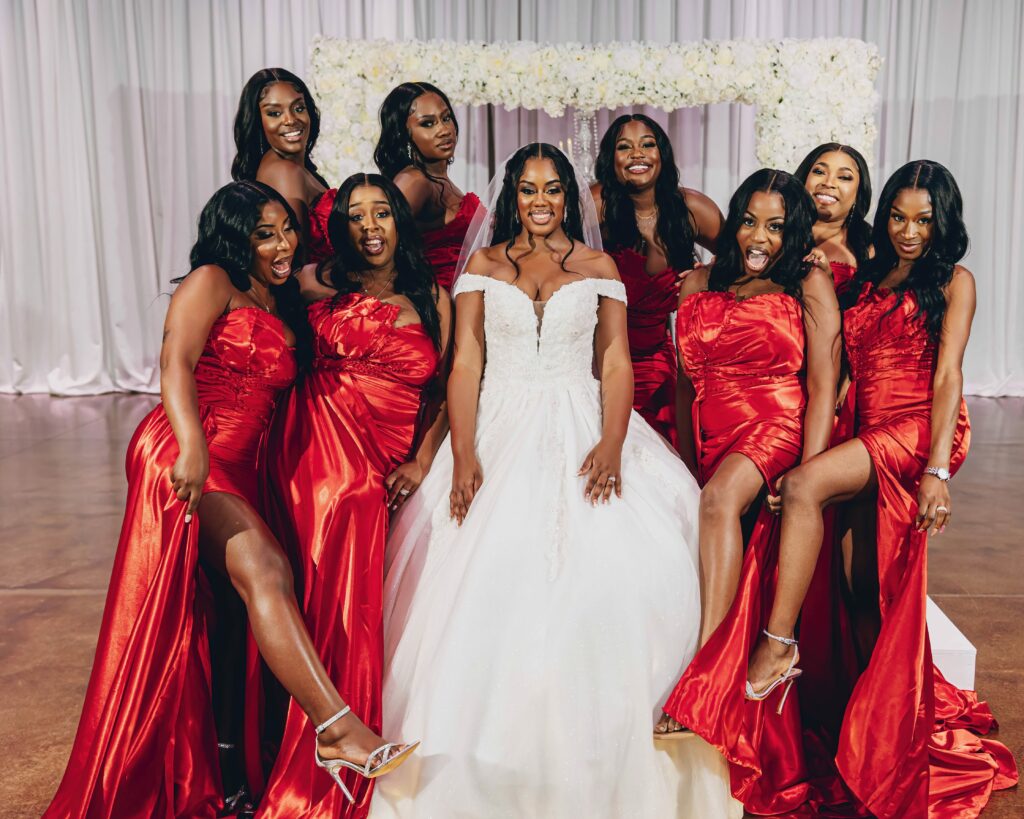
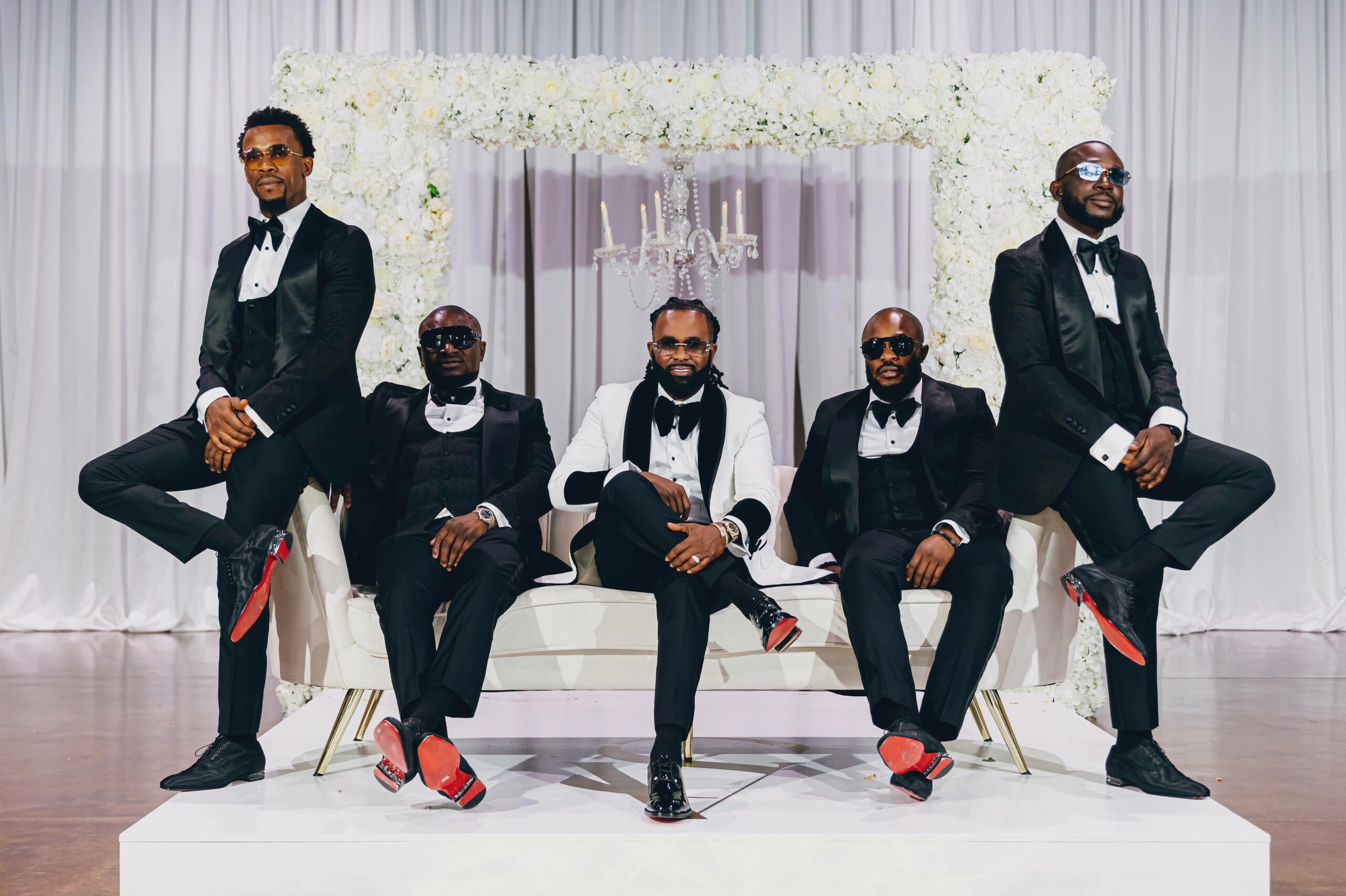
In the showdown between a wedding planner and a day-of coordinator, the choice ultimately boils down to individual preferences, how much free time you have in your schedule, timing, and budget considerations. Whether you opt for the comprehensive support of a full service wedding planner or the strategic assistance of a day-of coordinator, this guide provides the insights needed to make an informed decision. Remember, the success of your wedding day lies in aligning your choice with your unique vision and preferences.
If you want more information about what is involved when evaluating the costs wedding planners charge, read our in depth article on A Closer Look At Wedding Planner Fees: Understanding the Value Behind the Price Tag.







